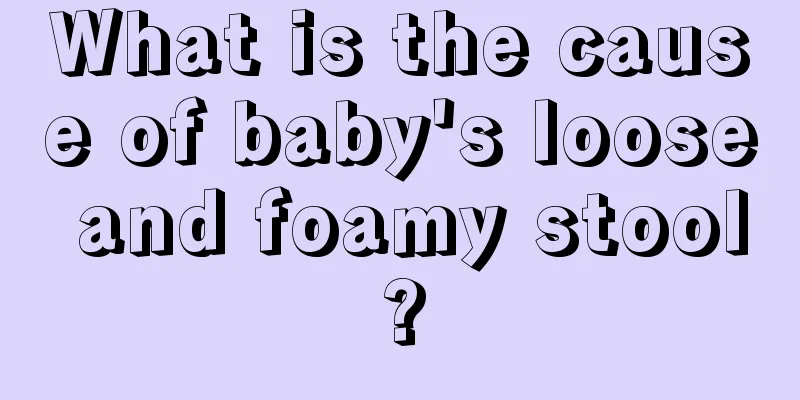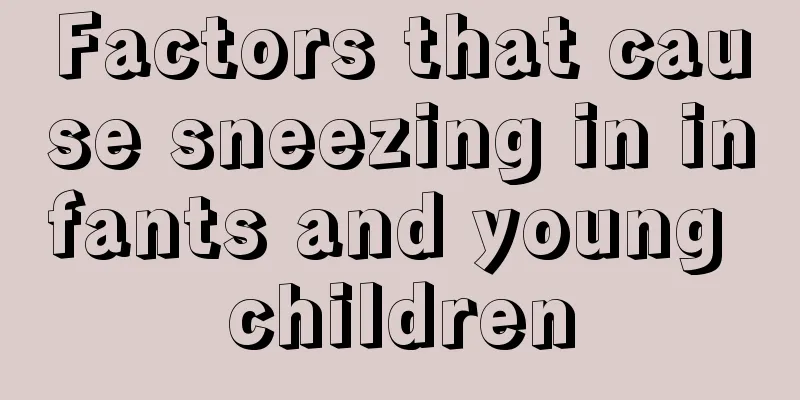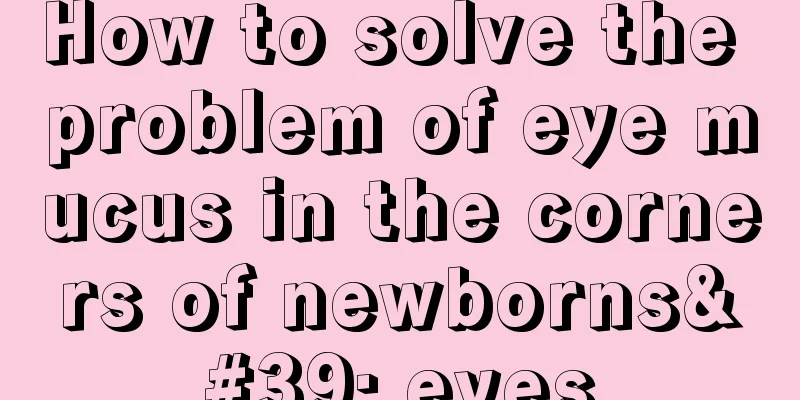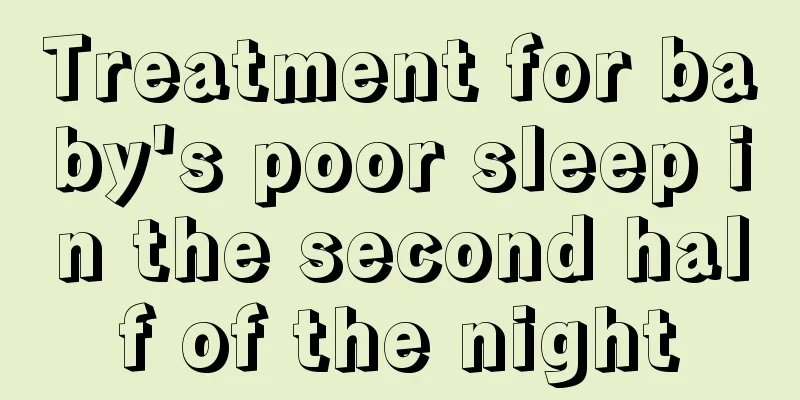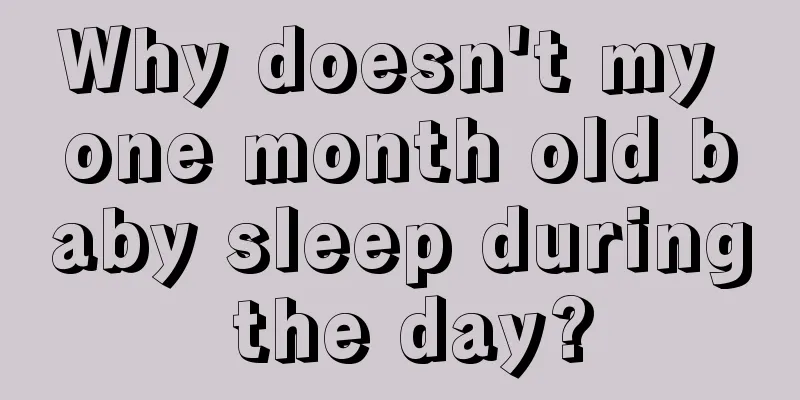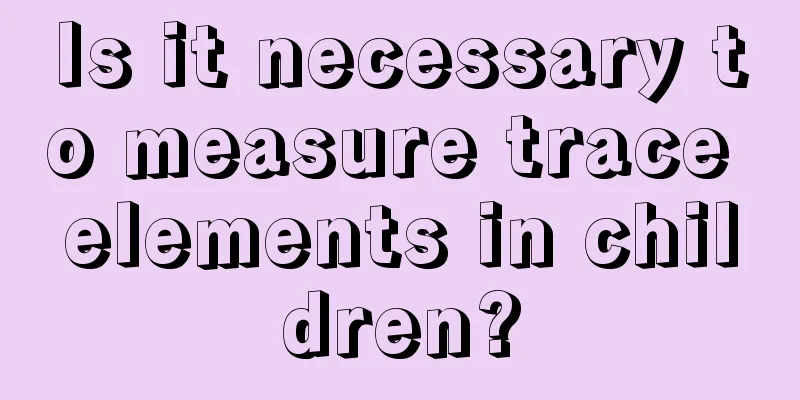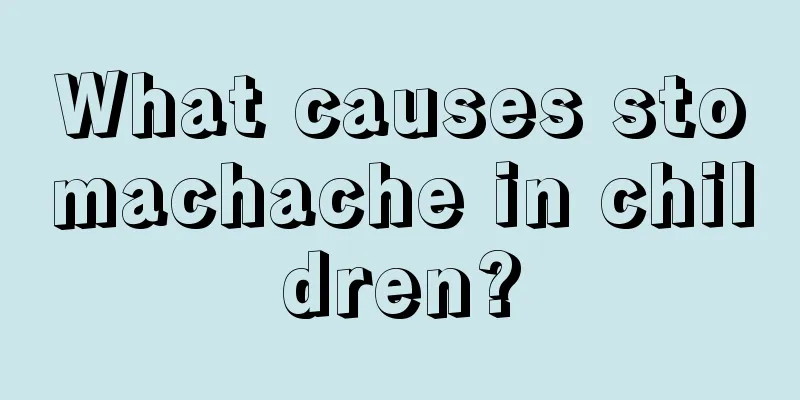How to remove baby teeth?
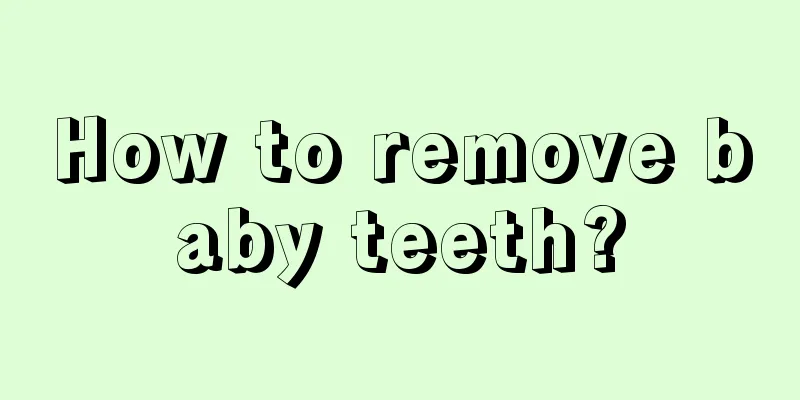
|
When children reach a certain age, their deciduous teeth will fall out and new teeth will grow. The new teeth that grow out later are the teeth that accompany them throughout their lives. This age is probably between 6 and 12 years old. The teeth that grow out are called permanent teeth. However, deciduous teeth also have their own functions. Some children have not lost their deciduous teeth when they reach the tooth replacement period? Parents will help them pull them out. Is this good? The chewing force of deciduous teeth is a functional stimulation to the growth of the mandible and the eruption of permanent teeth. The early loss of deciduous teeth, especially the early loss of deciduous molars, will reduce the chewing function of the deciduous teeth. If the jaw bone does not receive sufficient physiological stimulation of chewing force for a long period of time, it will develop insufficiently and cause malocclusion in the future. When deciduous teeth are lost prematurely and the permanent teeth have not yet erupted, the gap between the missing teeth is partially or completely occupied by the displacement of the adjacent teeth, causing the permanent teeth to be misplaced or impacted when they erupt, resulting in crowded and deformed permanent dentition. According to statistics, if the deciduous teeth are lost prematurely and the permanent teeth erupt within 6 months, misalignment rarely occurs. However, if the deciduous teeth are lost more than 2 years ago, misalignment will occur. Therefore, it is necessary to strengthen the health care of deciduous teeth and the treatment of diseases to maintain the integrity of the deciduous dentition. If the deciduous teeth are lost due to caries, trauma or other reasons, and the permanent tooth germs develop normally but have not yet reached the eruption stage, a deciduous tooth space maintainer should be worn to maintain the space between the missing teeth to prevent the movement of the adjacent teeth and create conditions for the eruption of the permanent teeth below. The 20 deciduous teeth of children will fall out gradually between the ages of 6 and 12 and be replaced by newly erupted permanent teeth. However, deciduous teeth have their own functions. If they do not fall out during the tooth replacement period and affect the normal eruption of permanent teeth, they should be extracted regardless of whether they are loose or not. After a child's baby teeth are extracted, you should pay attention to his daily condition in time. Do not let him always lick the place where the new teeth are replaced with his tongue, otherwise the roots of the new teeth will grow crooked after they grow out. In addition, you must pay attention to oral hygiene, brush your teeth in the morning and evening, and rinse your mouth as much as possible after meals, so as to ensure the cleanliness of the mouth. |
<<: How to strengthen the spleen and stomach of children?
>>: How to treat infantile hemangioma?
Recommend
What should I do if my baby’s ear is ulcerated?
The physical health of the baby is always a conce...
When is the best time to wean your baby?
The baby is in a special critical period after bi...
Infant Deeply Hydrolyzed Milk Powder
After having a baby, there are so many things a m...
Can babies eat fish when they have a fever and diarrhea?
We all know that fish is a relatively good food, ...
What to do if your child has a stomachache
Children have very cute chubby faces, which can m...
What should I do if my baby still spits up milk after three months?
We all know that spitting up is a common phenomen...
Dietary treatment for bronchitis in children
Bronchitis is a common disease, usually affecting...
8 situations in which children with low-grade fever should seek medical attention immediately
If a child has a low fever, parents must be vigil...
Why is my seven-month-old baby's face yellow?
Babies of a few months old will look very cute, w...
What to do if your child has a recurring high fever
When a child has repeated high fevers, parents sh...
Best treatment for diaper rash in babies
We all know that diaper eczema is the most common...
What kind of water can help children reduce inflammation and fever?
It is common for children to have inflammation an...
Reasons for babies to have a fever after vaccination
Children have relatively weak immunity, and often...
What to do if your three-month-old baby has a runny nose
What should I do if my three-month-old baby has a...
Treatment of fever and chills in young children
Young children have fever and chills, and are pal...
